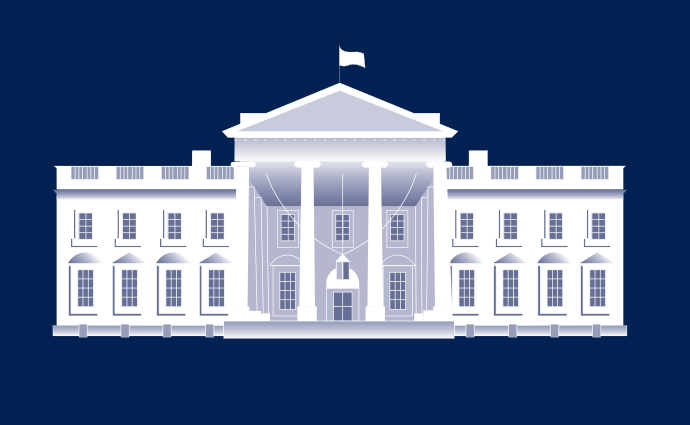Pres Trump Eyes 340B Drug Reforms to Lower Prescription Drug Costs
The 340B Drug Pricing Program drove increased prescription drug spending, President Trump stated in his new American Patients First Blueprint.

Source: Thinkstock
- The 340B Drug Pricing Program could face some changes under the Trump Administration’s latest plan to reduce prescription drug costs.
The United States had the highest per-capita prescription drug spending in 2015, the President said in a speech in the White House Rose Garden earlier today. And the 340B Drug Pricing Program is partially to blame for the excessive expenditures.
“Some hospitals that receive drug discounts under the 340B program, designed to help safety-net facilities, do not provide meaningful levels of charity care to low-income and vulnerable patients, ultimately pushing up drug prices for patients with private health insurance,” the White House website now says.
Under President Trump’s new American Patients First Blueprint for lowering prescription drug costs, the administration intends to reform the 340B Drug Pricing Program by ensuring hospitals paid under Medicare Part B deliver more than one percent of their patient costs in charity care in order to receive the discounts available in the program.
The program already saw major changes in 2017 and earlier this year. CMS finalized a rule in 2017 that modified the 340B payment formula from average sales price plus six percent to average sales price less 22.5 percent. The rule cut $1.6 billion in Medicare reimbursement to 340B hospitals.
The American Patients First Blueprint also proposes Medicare reimbursement reforms for Part B, which pays providers for non-self-administered drug services. The reforms included limiting payments for price increases that are above the inflation rate and reducing the incentives for providers to prescribe high-cost drugs.
In addition to 340B drug and Medicare Part B reforms, the American Patients First Blueprint also aims to foster innovation and competition to drive down prescription drug rates. As part of this plan, HHS would take action to stop patent process gaming, advance biosimilars and generics, accelerate the approval process, and expand value-based pricing of prescription drugs.
President Trump also called on the federal department to assess the inclusion of prices in drug manufacturer advertisements, work with Part D plan sponsors for negotiation power, update the Medicare drug pricing dashboard, prohibit clauses that prevent pharmacists from telling patients when they could pay less out-of-pocket costs, and evaluate which Medicare Part B drugs could be negotiated for a lower price by Part D plans.
Other plans to lower prescription drug costs through greater competition under the American Patients First Blueprint included:
• Publishing a comparison of drug prices in the US and other countries in the Organization for Economic Co-operation and Development (OECD)
• Granting additional flexibility in benefit design
• Offering free generics to low-income seniors
• Mandating plans to share a minimum portion of drug rebated with patients
• Decreasing the abuse of FDA rules and the 180-day first-to-file exclusivity rule
While healthcare industry groups generally support lower prescription drug rates, 340B Health argued that the American Patients First Blueprint does not account for the benefits of the drug discount program for safety-net hospitals.
“The administration’s proposals are based on a faulty understanding of the 340B program and the pharmaceutical market,” the organization argued in an emailed statement. “The notion that 340B discounts are raising drug prices is simply false. Drug companies set the prices for their products and they, alone, decide how high those prices go. Research has concluded that 340B is such a small share of the market that it cannot plausibly cause manufacturers to increase drug prices.”
Instead, of supporting potential cuts to Medicare reimbursement to 340B hospitals, the industry group advocated for the administration to investigate overcharging by drug manufacturers.
“If the administration is serious about lowering drug prices, it needs to address continuing evidence that manufacturers overcharge safety-net providers,” the group wrote. “That is why we are so disappointed that the administration recently proposed to delay, for the fifth time, regulations setting 340B ceiling prices and establishing civil monetary penalties for manufacturers that knowingly and intentionally exceed those limits.”
